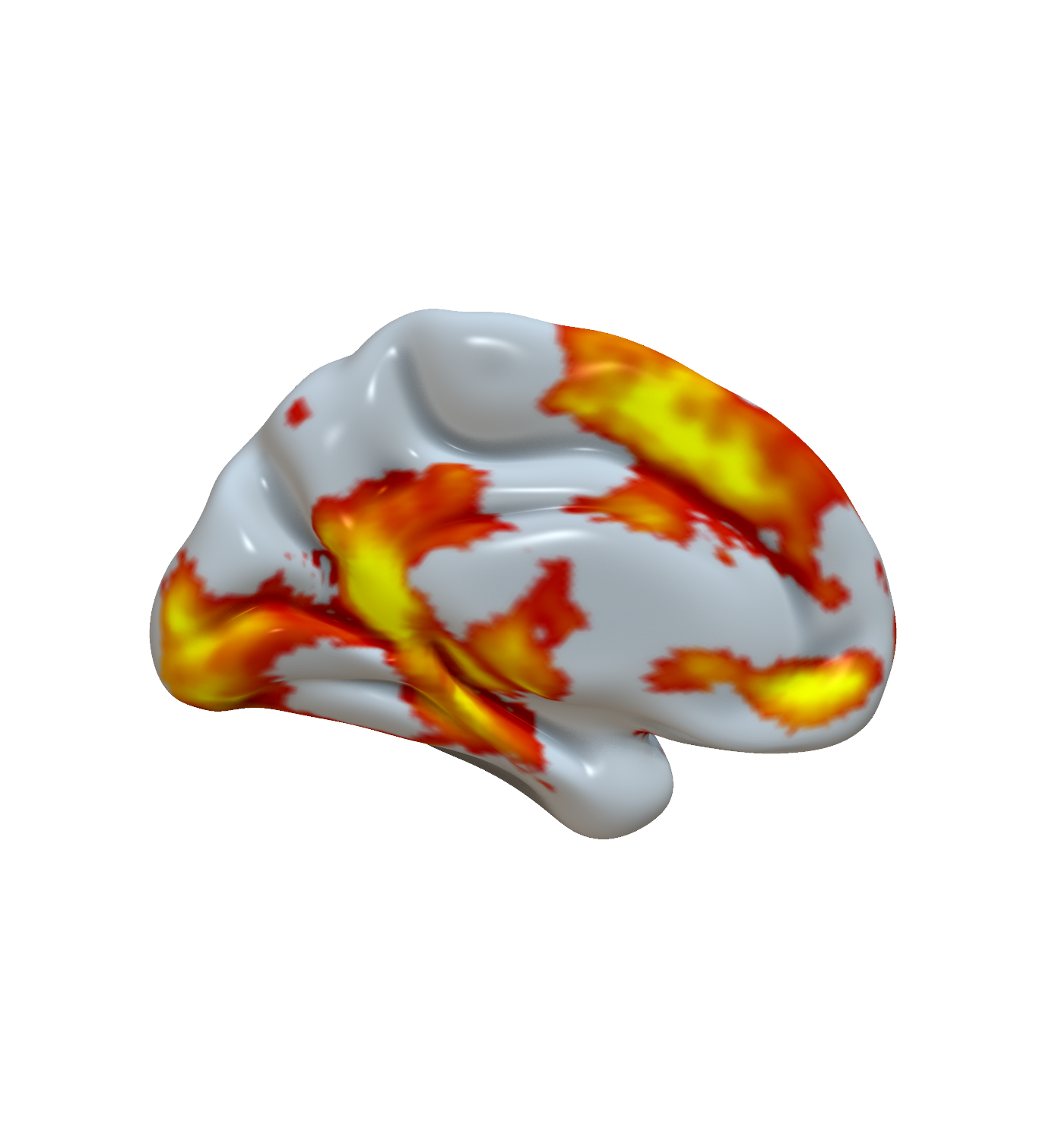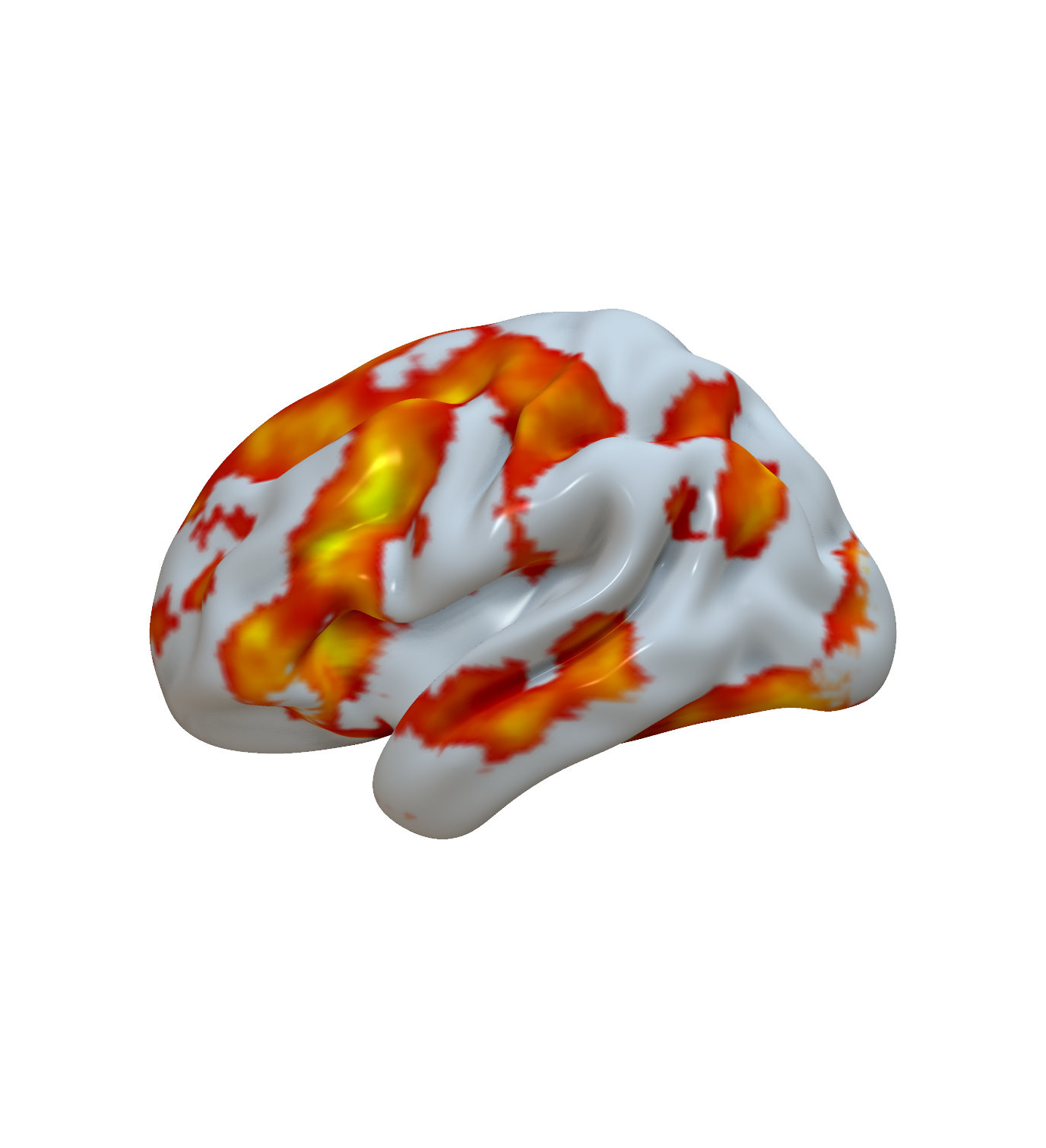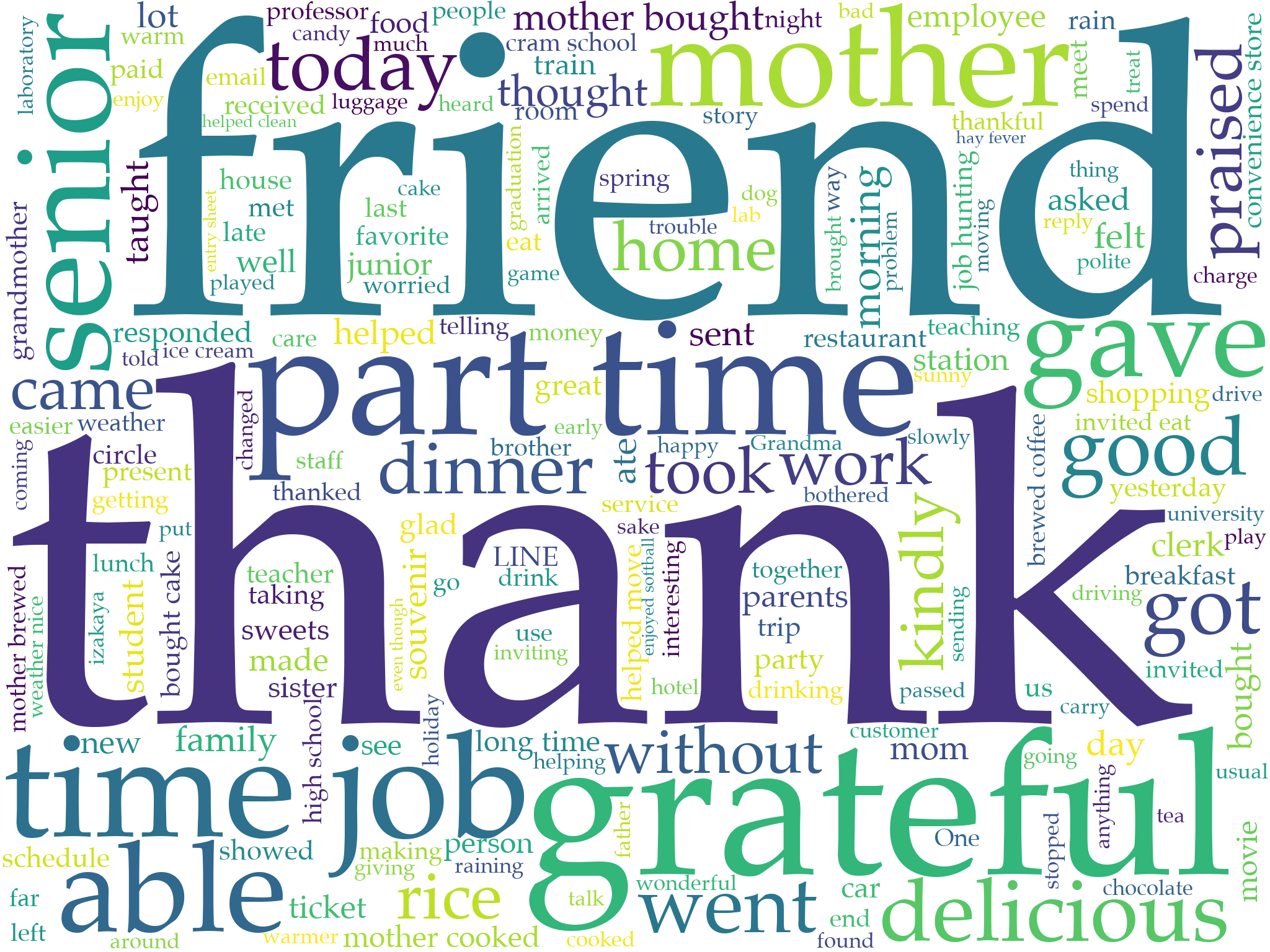Research
What are the brain mechanisms underlying our immense capacity to remember episodes from the past?
How do emotions come to be in such reminiscing moments? How the brain mechanisms supporting memory processes relate to our ability of imagining the future?

People can recollect memorable events from the past and relive them in their minds with seemingly very little effort but the brain mechanisms supporting such essential capacity are far from being completely understood. One fundamental question that remains to be answered is what exact functions/computations are performed by the human hippocampus during the retrieval of episodic/autobiographical memories.
Towards that goal, we have examined the hierarchical organization of brain networks involving the hippocampus and other cortical regions during autobiographical memory construction (aka, memory search) and memory elaboration. Results showed that regions in the prefrontal cortex, most notably, the ventromedial prefrontal cortex (vmPFC) and the dorsolateral prefrontal cortex (dlPFC) are highly implicated in such processes, likely driving hippocampal activity during the stages of memory retrieval.
Leveraging the power of positive emotions
Though no one should be forced to be in a 'positive mood' all the time, several studies have shown that a nudge towards an increased awareness to positive emotions experienced in our in daily life can bring benefits to important aspects related to individual well-being.
We recently tested this idea by having college students engage periodically with the emotion of gratitude. Students were asked to report episodes of their lives that had made them feel grateful, an activity commonly known as the gratitude journal. We were particularly interested in measuring the impact that such intervention would have in their academic motivation.
Results showed that students who engaged with the gratitude journal improved their levels of academic motivation after two-weeks. Interestingly, there were no signs that the motivation enhancements had faded away 3 months after the end of the intervention.
Still, there are many more questions to be clarified than answers; what is the exact psychological mechanism underlying such effects? Will such improvements in academic motivation materialize into changes in actual student behavior?
